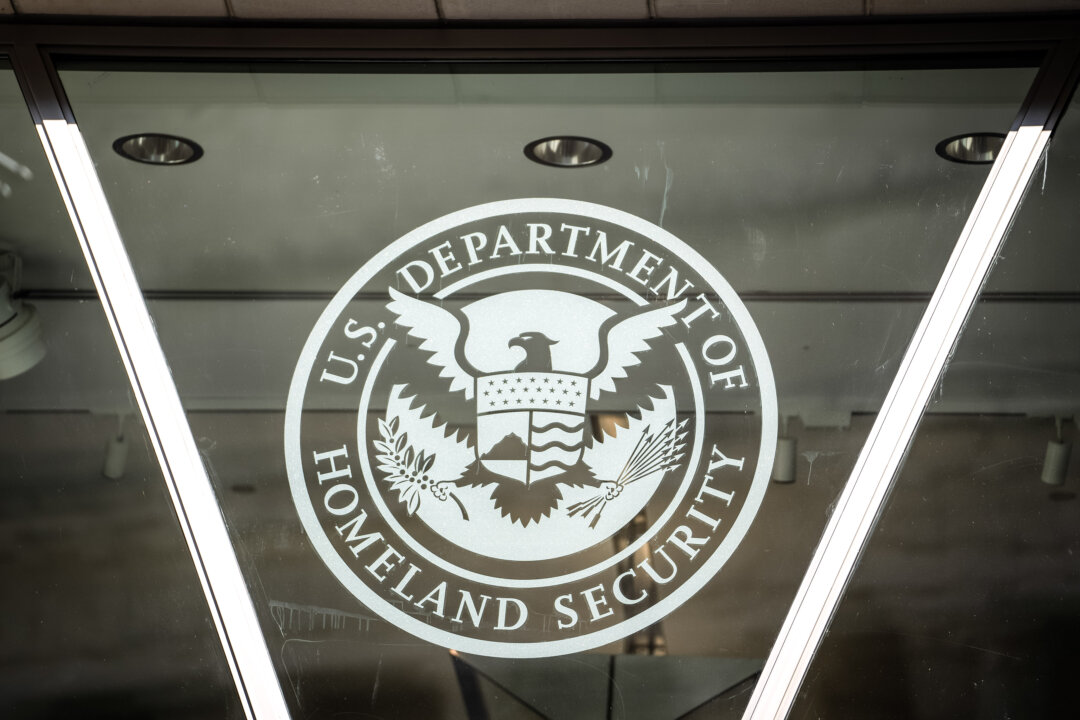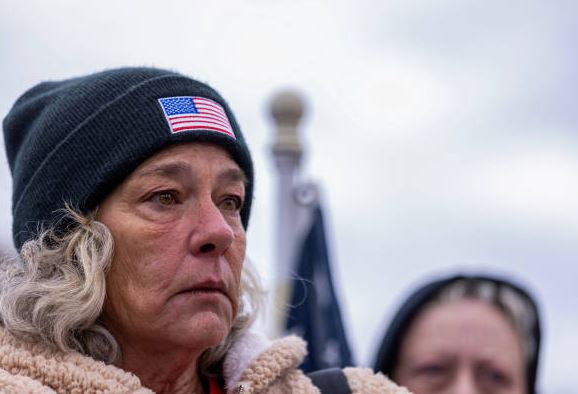The Department of Homeland Security (DHS) has emphasized the importance of using the CBP Home app for illegal immigrants looking to self-deport. Thousands have already taken this step, and those who haven’t will face penalties. DHS Deputy Secretary Tricia McLaughlin highlighted that thousands of illegal aliens have utilized this app within a short span.
McLaughlin made it clear that staying in the U.S. without registration on the app would lead to fines. Specifically, illegal immigrants who overstay their final deportation order will incur a daily fine of $998. The app emerged as a solution for those who initially entered the U.S. via the CBP One app but couldn’t regularize their status.
The CBP Home app marks a significant update from the CBP One app, which the Biden administration had employed since January 2023. The One app facilitated appointments with immigration officials and temporary asylum applications. In contrast, the Home app is part of a broader Trump administration effort to enforce stricter immigration controls.
Tom Homan, known for his role as President Trump’s border czar, shared insights with the media about recent developments. He pointed out that 68,000 illegal immigrants had been arrested in the last three months. Homan asserted that these efforts would continue despite any legal challenges.
On his first day in office, President Trump took decisive action by terminating the CBP One app. He issued an order to enforce existing federal immigration laws. Trump criticized the previous administration for its handling of immigration, highlighting the surge in illegal entries.
Trump’s stance was clear: enforcing immigration laws is vital for national security. He stressed that Americans deserve a government that prioritizes their safety and well-being. Ensuring strict adherence to immigration laws aligns with this commitment.
Homeland Security Secretary Kristi Noem emphasized the benefits of the CBP Home app. She stated it provides a legal pathway for those wishing to return to the U.S. in the future. Noem warned that failure to comply would result in deportation and a permanent ban.
On April 8, DHS made a significant move by revoking the legal status of some individuals who entered using the CBP One app. This decision affected over 900,000 people. DHS described this as fulfilling a promise to secure national borders.
A DHS spokesperson supported Secretary Noem’s actions, citing federal law as the basis for revoking paroles. The spokesperson emphasized that this was a necessary step to protect national security. The administration’s commitment to border security remains unwavering.
The move to cancel paroles reflects a broader strategy to safeguard American interests. By revoking these paroles, DHS is acting on its pledge to the American public. The focus remains on maintaining the integrity of U.S. borders.
This approach aligns with a broader conservative agenda to prioritize national security. The DHS actions are seen as a fulfillment of promises made to American citizens. By reinforcing immigration laws, the administration aims to protect the country’s future.
The focus on border security is a key aspect of America’s national defense strategy. Ensuring that immigration laws are strictly enforced is a central tenet of this strategy. The administration’s consistent efforts highlight its commitment to this cause.
The CBP Home app is a tool in the larger framework of border security measures. Its role in facilitating self-deportation is pivotal in the current immigration landscape. The emphasis remains on legal compliance and national safety.
As the situation evolves, the DHS and related agencies remain vigilant. Their actions are driven by a commitment to uphold the law and protect citizens. The administration continues to prioritize these objectives in its policy decisions.
The DHS’s recent initiatives underscore the importance of maintaining robust border controls. These measures are designed to ensure that immigration remains orderly and legal. The ongoing efforts reflect a dedication to national security and public interest.



